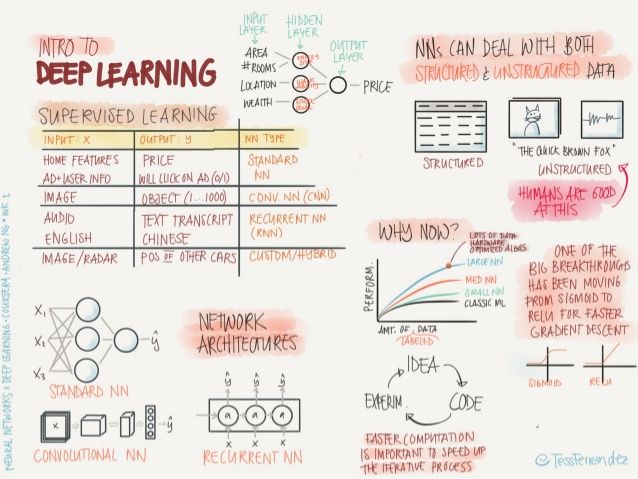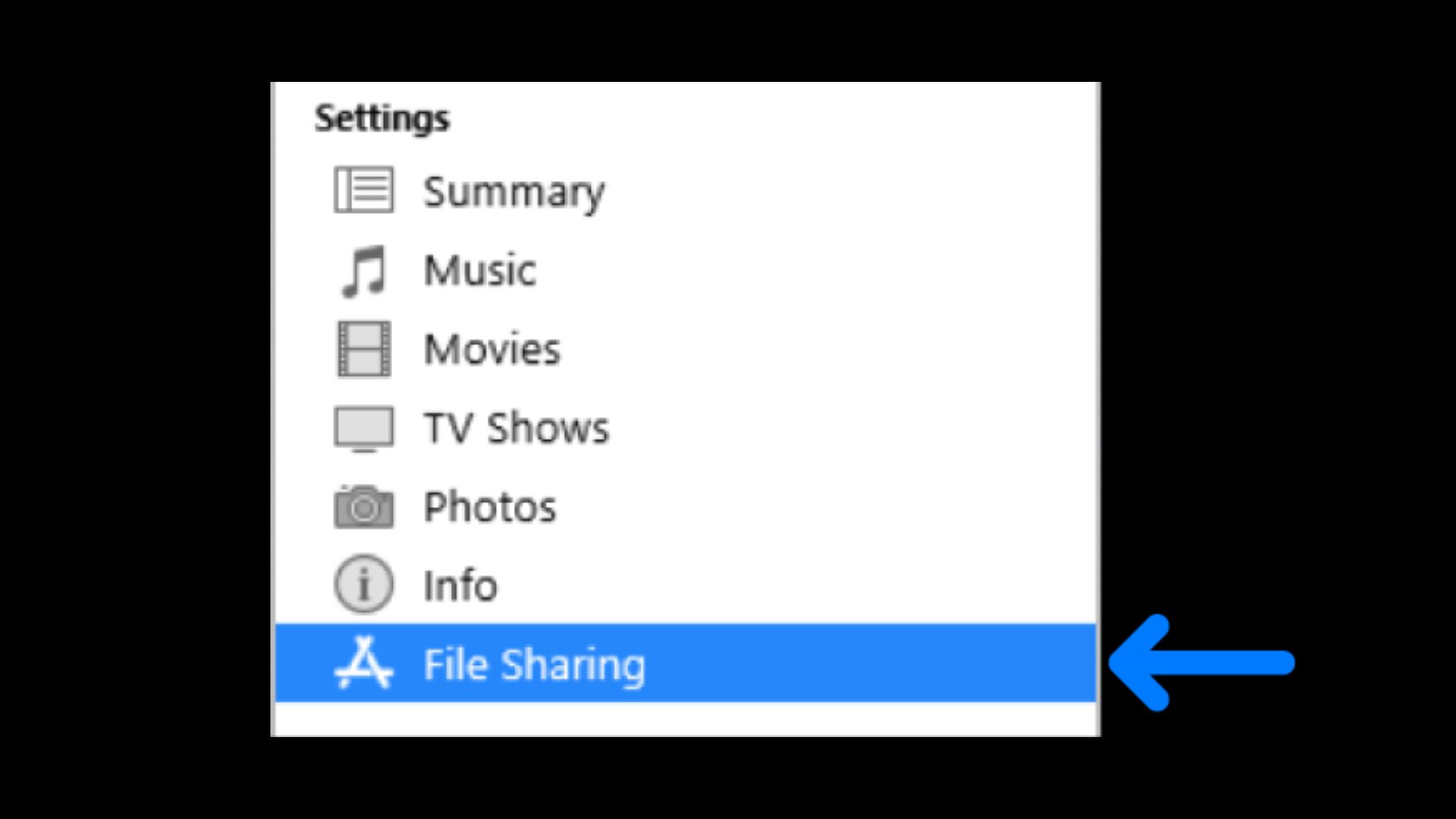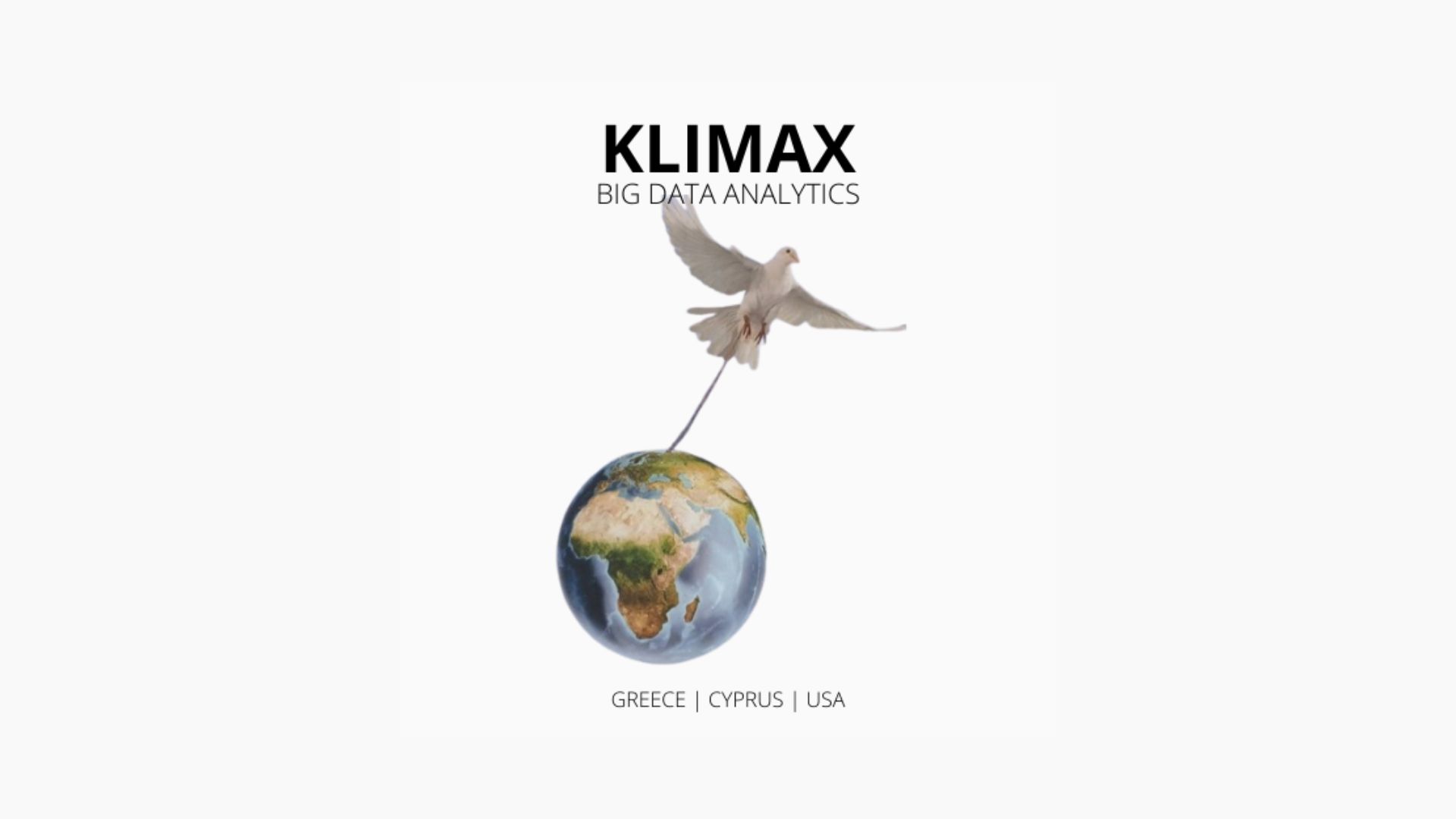We’ve heard a lot in recent years about the revolutionary effects of big data and the internet of things (IoT). They have indeed had big effects in a number of areas, from retail to digital marketing and healthcare.
With so much data at our disposal, however, the difficulty is in knowing how to make use of it. This is where big data analytics comes in.
Data analysis allows us to obtain valuable insights while saving time and effort. Without it, we’d be left searching for needles in the proverbial haystack of unstructured data.
Thanks to data science and advanced analytics, however, data mining is greatly simplified, so sifting through a large amount of data is made relatively simple. This, in turn, has a wide range of benefits for businesses and consumers.
What is data analytics?
In short, the term is used to denote the process of delving into raw data and drawing insights and conclusions from it.
Obviously, it’s difficult to get anything coherent out of unstructured data. Data analytics, however, allows organizations to explore large datasets in order to unearth relevant patterns and tendencies. Similarly, text analytics helps to discover meaningful insights from unstructured text.
Even comparatively day-to-day software like Microsoft Excel also offers a range of data analysis features. There’s also Hadoop, a series of open-source programs written in Java, which can be used to process large datasets.
An exploratory data analysis can provide an overview and summary of the main characteristics of datasets. Businesses can then use methods such as data visualization to present the insights they’ve uncovered to wider audiences—including customers and clients—and suggest next steps based on those insights.
Armed with the information gleaned from business analytics, firms are better able to meet the needs and desires of their customers (and to win new ones).
Data analysts use analytics applications (with capabilities like machine learning and automation) to help them gain useful insights. Open-source data analysis tools like Pandas—a tool built using the Python programming language—are increasingly commonly used.















